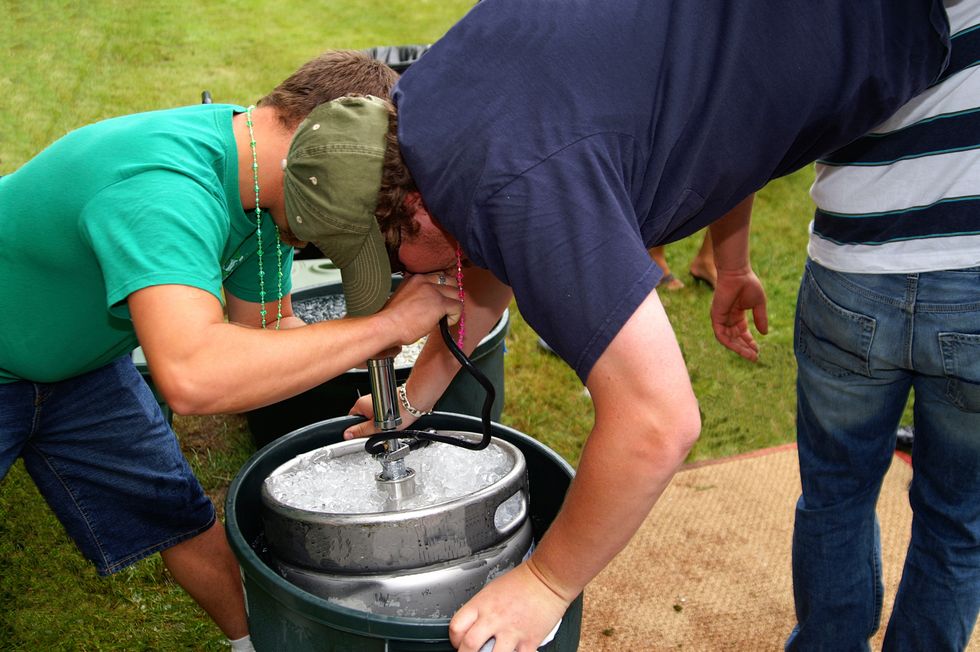With hazing becoming an increasingly large issue, it is important to be clear what hazing is. When many college students think of hazing, they think of somebody being forced to drink until they blackout. While that is a big part of it, it is unfortunately not all of it.
haz·ing
/ˈhāziNG/
noun NORTH AMERICAN
- the imposition of strenuous, often humiliating, tasks as part of a program of rigorous physical training and initiation. "Army cadets were hospitalized for injuries caused by hazing."
- Humiliating and sometimes dangerous initiation rituals, especially as imposed on college students seeking membership to a fraternity or sorority. "Seven officers of the fraternity were charged with hazing."
Under this definition, anything a new member is being forced to do that has the ability to embarrass them or hurt them is considered hazing. These harmful or embarrassing activities are even considered hazing if the new member agrees to it because they could have been coerced or made to feel as if there was no other choice.
As with anything else harmful, such as drugs or unwanted sexual advances, JUST SAY NO. You never have to do anything that you feel uncomfortable with. Why would you even want to become a part of such an organization?
Hazing is often associated with fraternities, but it happens in other organizations. Hazing has become an issue with bands, athletic teams, and sororities alike. It doesn't matter what organization someone belongs to: if they hold any type of authority over a new member and force said member to perform an embarrassing task, they are participating in and endorsing hazing, which is WRONG.
Have you ever read Shirley Jackson's "The Lottery," where someone is stoned to death every year as a human sacrifice because it is what they have always done, and it has become tradition? It sounds completely morbid and ridiculous, right? Well, that's synonymous to hazing on a college campus. It is justified by tradition, but what about what is the right thing to do?
People may say hazing is nothing like "The Lottery" because hazing doesn't kill anybody, but it does. According to Hank Nuwer, publisher of Hazing Clearinghouse, 17 deaths have resulted from hazing since 2010. That is 17 deaths that could have been 100% preventable.
Now is the time to realize that YOU have a CHOICE and a VOICE to speak up when you see something or are asked to participate in something that could classify as hazing. It is a very serious problem that has a very simple solution: do what is right.
Always remember the golden rule: Treat others how you want to be treated.



















